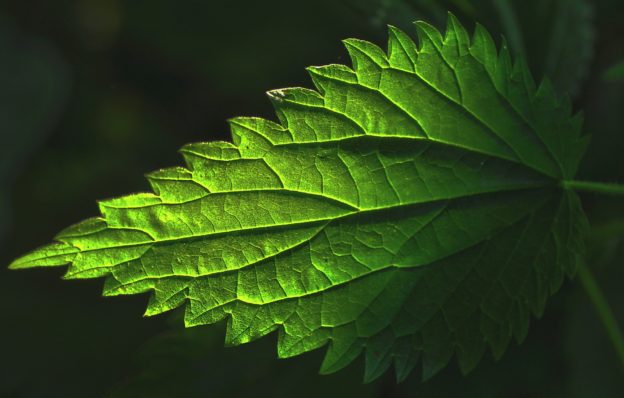Histamine Intolerance: 5 Proven Ways That Can Help Rebuild Tolerance
Histamine intolerance’s are becoming a modern day epidemic. Food allergies and environmental allergies can all be caused by the body producing too much histamine. Although it’s necessary for many bodily functions, it becomes problematic when too much of this neurotransmitter is produced in the body.
Histamine acts as messenger to the nervous system. It also plays a key role in our sleep cycle, ability to learn, motivation, and sexual behavior. It also helps in the production of stomach acid.
Histamine plays a vital a role in the immune system and without it we would die. For this reason, high histamine levels are often times the result of an over reactive immune system. This could be caused by an unbalanced microbiome. 80% of our immune system resides in our gut and is dependent on the microbes in our gut (1). If there is an imbalance in these gut microbes, issues such as histamine intolerance could arise.
Luckily, there are naturally steps that can be taken in order to combat histamine intolerance and repair the gut microbiome.
Below are the top 5 ways to help treat histamine intolerance
Sea Salt – Natures Anti-Histamine
Sea salt is nature’s perfect anti-histamine. In fact, in countries that still follow a traditional way of life; the most common remedy for allergies is salt water. Sea salt has amazing anti histamine properties which can help reduce allergies significantly. It also helps nourish the adrenal glands which are usually weak in those with histamine issues.
One study found that Sea salt was extremely effective at reducing symptoms of allergies (2).
Salt also helps the body hydrate properly. There is ongoing research that dehydration may play a role in those with histamine intolerance. Water must be balanced with salt which is why drinking copious amounts of water is just as dangerous as drinking no water at all.
The excesses water will cause the body to dump salt through the urine and will eventually lead to dehydration. We personally like to use grey Celtic Sea Salt for our salt needs.
Soil Based Probiotics and Histamine
As mentioned before, getting gut health under control is necessary in order to combat histamine intolerance. Fermented foods are a great option for building healthy gut flora and provide billions of probiotics per serving (3)(4).
However, many fermented foods are also high in histamine making it a bad option for those dealing with excess histamine. Bone broths, which are extremely nourishing to the gut, are also high in this neurotransmitter.
Furthermore, many probiotics that can be bought at the store contain organisms that actually produce histamine as a byproduct.

Rebuilding the gut flora can be extremely difficult for those dealing with histamine issues since most gut building foods contain histamine.
Although we promote healing with natural foods, we understand that sometimes supplementation can be helpful. We have found that Prescript Assist, a soil based and all natural product, is extremely beneficial for those with histamine issues.
Prescript assist only uses select organisms that DO NOT produce histamine. This can be a great option until the gut bacteria balances out. Once the gut balances out with the correct beneficial organisms, most people can begin to incorporate foods that are high in histamine without problem.
Seeking Health’s Probiota Bifido is also an excellent option for those with histamine issues.
Whole Food Vitamin C
Vitamin c is proven anti-histamine. Studies have shown that vitamin c is extremely effective at reducing and stopping the symptoms of allergies.
However, many individuals will opt for the synthetic vitamin c (Ascorbic Acid) instead of using a whole food vitamin c. When ascorbic acid is used for long periods of time, it will lower the level of stomach acid in the body.
This can lead to poor digestion, poor assimilation of vitamins and minerals and opens the door for pathogens such as h.plyori.
Avoid Histamine Containing Foods
This may seem like common sense, but it can be hard due to the many restrictions you must place on particular foods. Avocados, fermented foods, bone broths, fish, bananas, leftover meat, eggs, alcohol and cured meats are all relatively high in histamine.
Although it may seem impossible at first, avoiding these foods is extremely beneficial for anyone trying to treat histamine intolerance. Again, once the gut flora balances out, these foods can be slowly reintroduced into the diet. However, be sure to add them back in slowly to gauge how your body reacts.
Nettle Leaf Tea
Nettles were used by Northern Native Americans for centuries. Their high mineral content gave the Natives nourishment during times of scarcity. They’re also one of the most powerful natural antihistamines on the planet. Studies show that nettles are extremely beneficial for anyone suffering from allergies (5)(6).
Simply, brew a cup in the morning and sip throughout the day. It’s best to consume nettle early in the day due to its energizing effects on the body.


Leave a Reply